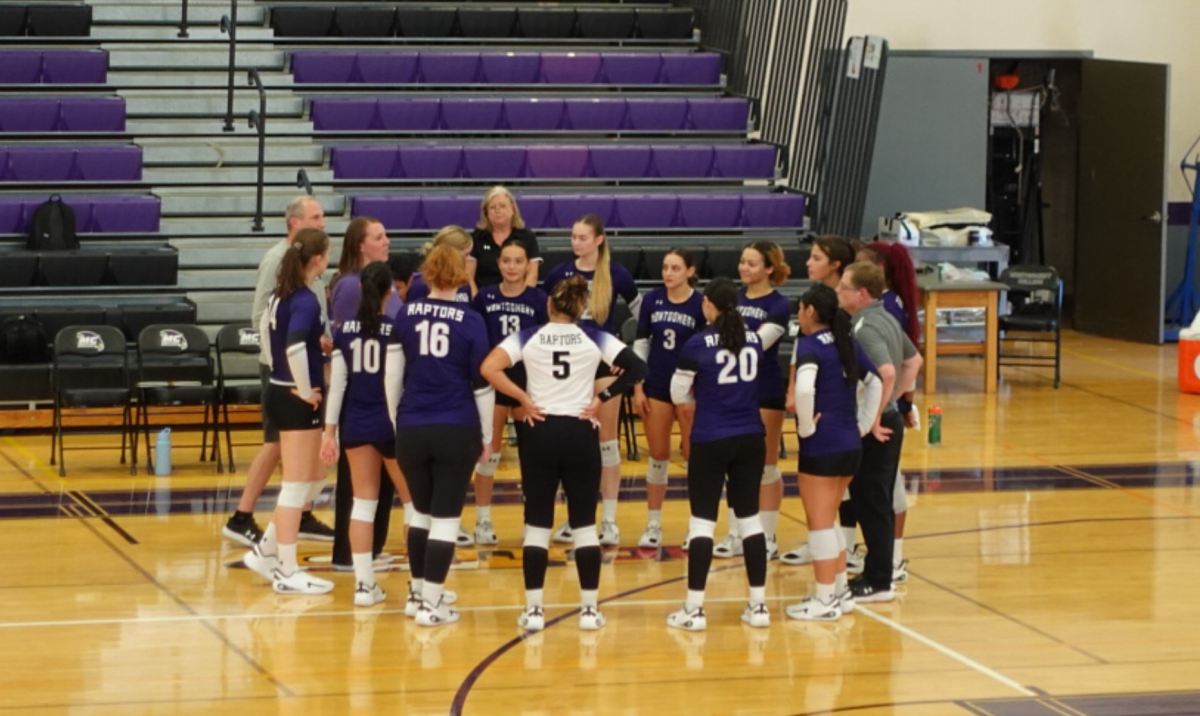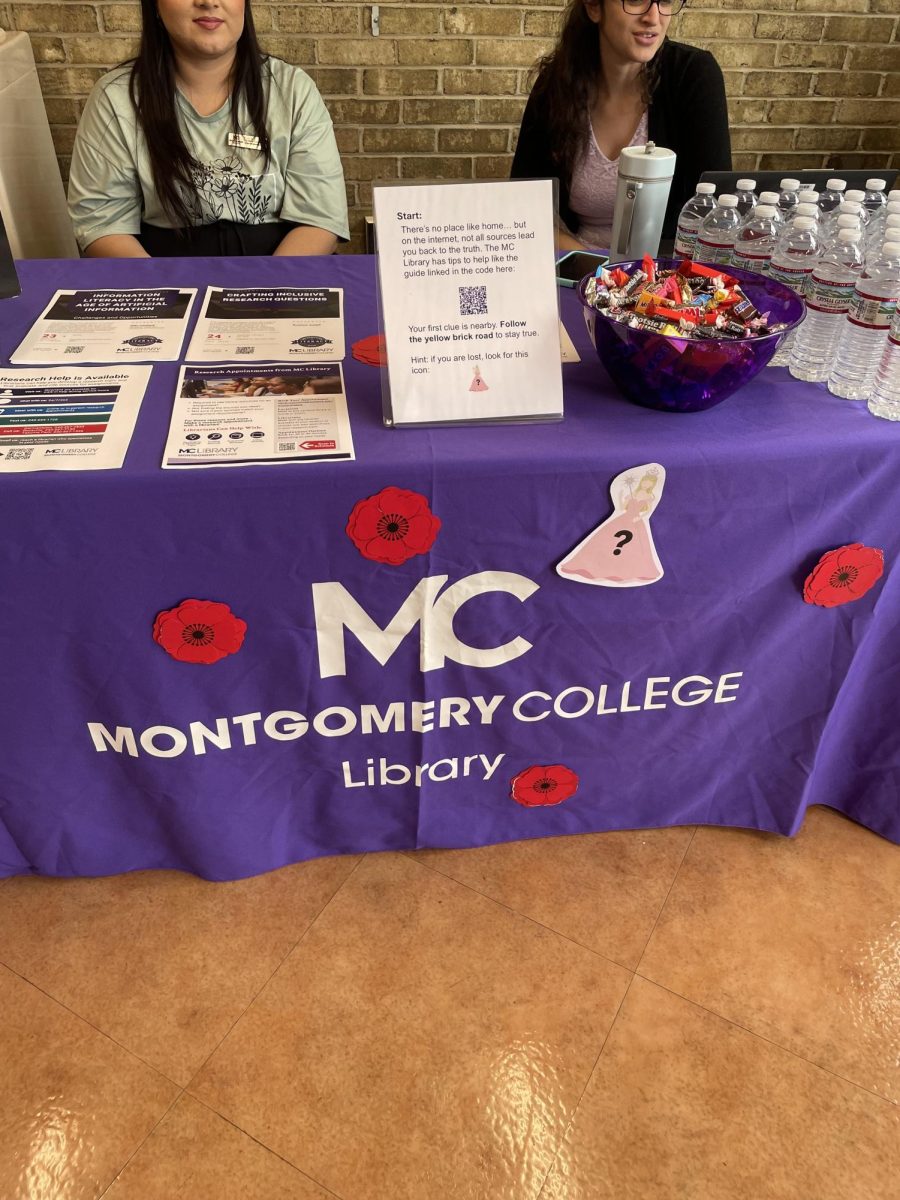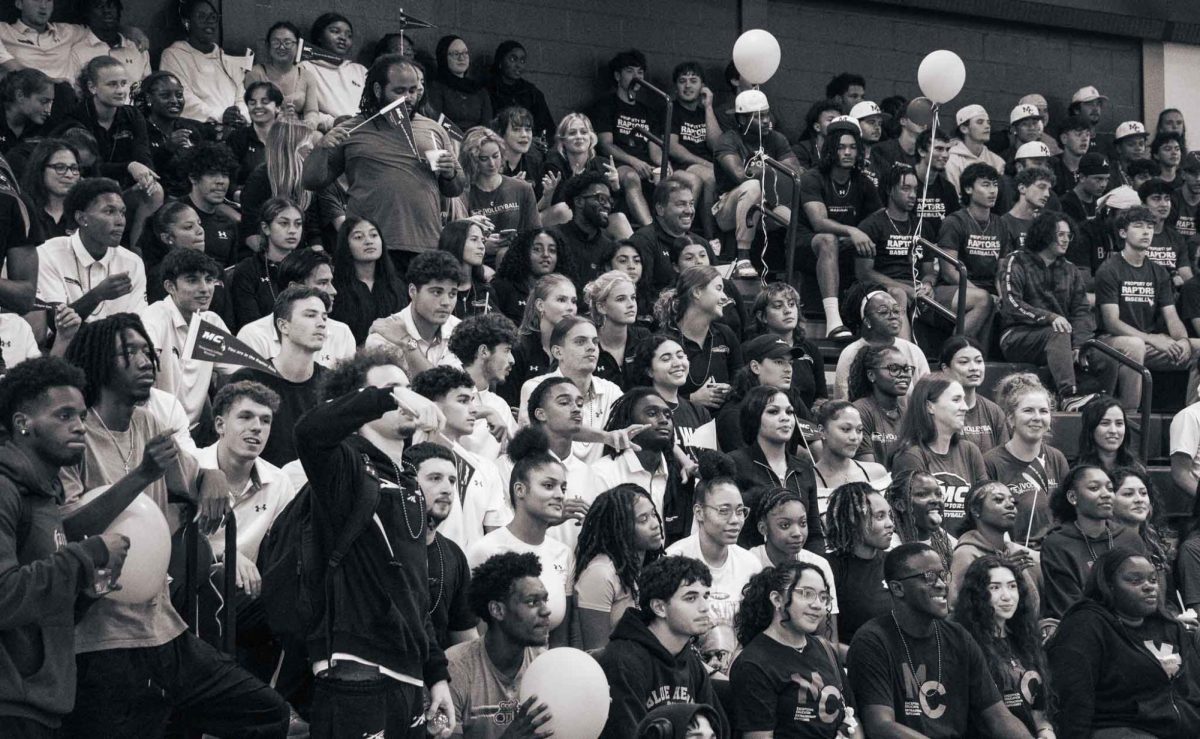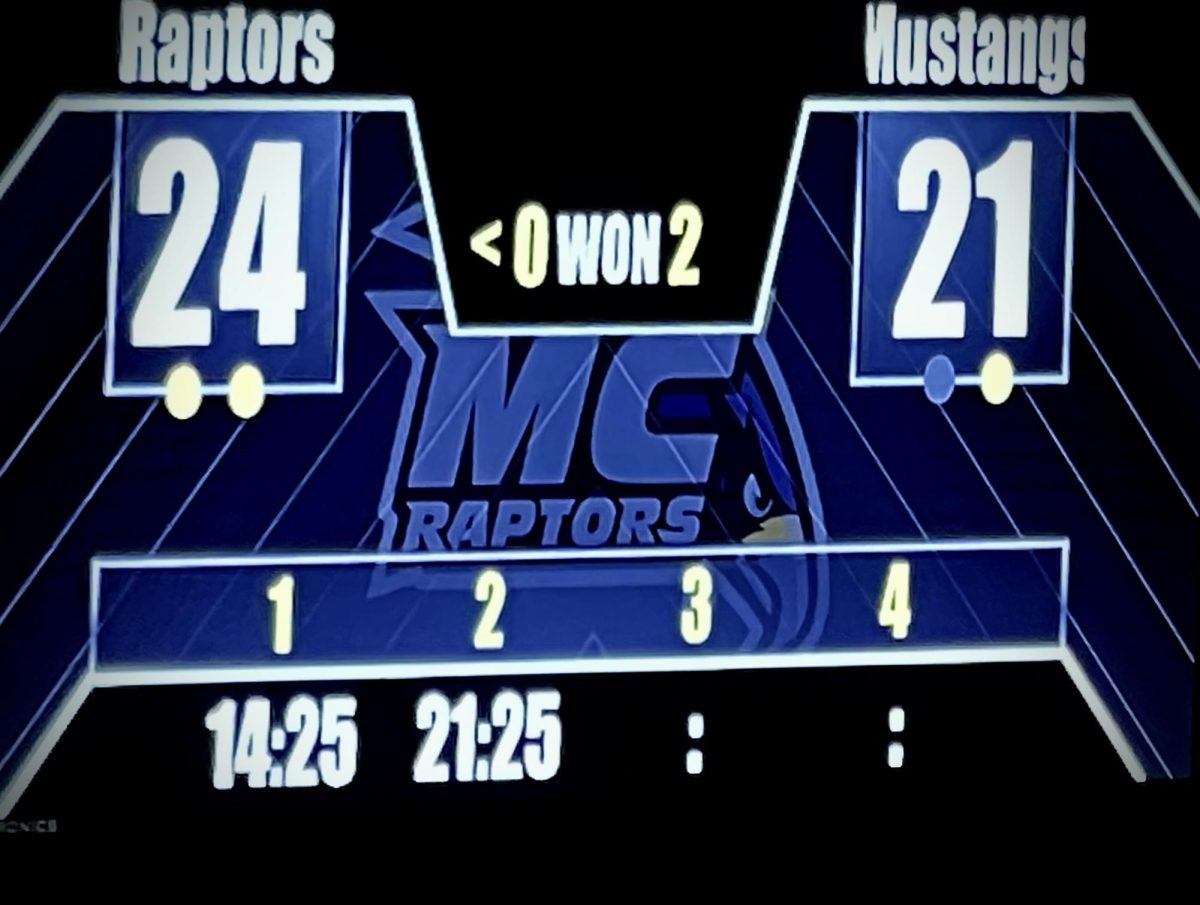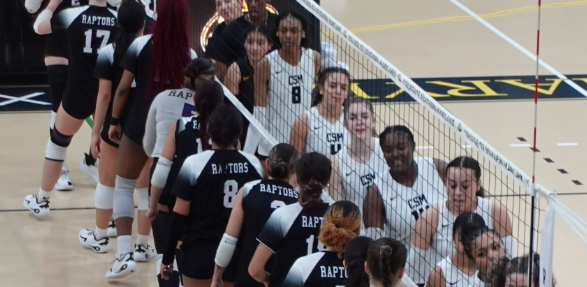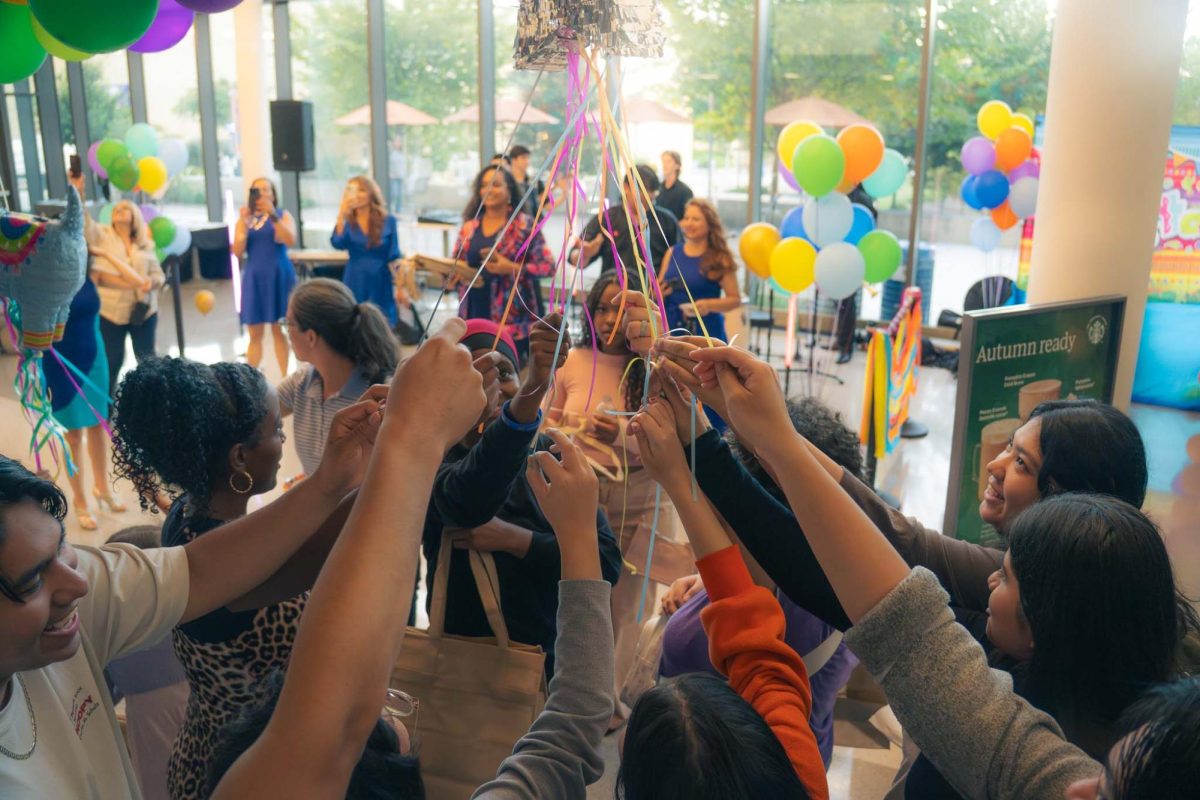Montgomery College is the first community college within Maryland to present its own Massive Open Online Course (MOOC). Of course, this may not have anything to do with hover cars and robot maids as far as advanced technology goes, but this development is, according to Professor Emily Rosado from MC, “all the rage right now.”
Only ten other Maryland community colleges are using MOOC’s. Executive director of Maryland Association of Community Colleges, Bernard Sadusky, would say “they’re testing the water.”
But what is so special about this course? What benefits will this bring to the typical student at Montgomery College (or any student at any other college worldwide)? For MC students, the use of the MOOC’s is to avoid students having to take remedial classes, ensuring that students get their degree without the risk of failing the remedial requirements.
Rosado, an associate professor from MC, will be in charge of the English Prep class that will be provided online as a MOOC without any cost to the student and no prerequisite classes necessary. The course, as its name suggests, will be accessible to anyone who has interest- literally, anyone.
On Monday, August 12, 2013, 215 students were enrolled in this course, coming from countries such as England, New Zealand, and the United Arab Emirates. This is a dramatic increase in class size for Rosado, which will call for more independence on behalf of the students, being away from the professor, yet even more interactions among fellow students for feedback and group work.
How exactly do massive open online courses work? During a web seminar for Educaus Sprint, Elliot Masie, CEO of Masie Center, sets a scenario to clarify how a MOOC is different from an average classroom. Masie claims, “What if you all had [students] who were in high school getting ready to take a course on astronomy in college, yet it could be taught by their high school teacher? [Moreover], what if we offered them an opportunity to be in a MOOC that would be taught by five astronauts, including two that would be up in the space station?”
The astronomy course concept Masie referenced is the exact, ideal opportunity the MOOC structure would create.
Masie also says that although educators would want students on the campus, they do not want to be restricting students to only the campus. The thought is that much more interactive, useful learning goes on in other physical environments.
This is a change in the way certain courses are given, meaning that some adjustments need to be made in order for MOOC’s to work effectively, especially on behalf of the students. Masie states, “I think we are going to see that learners are going to have to be more agile in dealing with multiple assets and multiple levels of connection and be ready for that.”
Chris Dede, a professor at Harvard University, discussed the main benefit for students while interacting with students who have similar interests, “The opportunity is that you could potentially reach other people for support—people who have similar passions and complementary skills.” The argument for the MOOC concept with this in mind is that the exposure to similar minds, in a field such as medicine, could collaborate with even more ease.
However, Dede does mention that without proper structure and management, this innovation will crumble, “The challenge is that unless the structure of the massive experience gets you excited about one of your visions that’s one of your passions, and gives you the instructional support to learn…then it’s just a massive experience that doesn’t reach its full potential.” So basically the situation becomes that the colleges, such as Montgomery College, waste money and get little interest and productive education in return.
Montgomery College being the first community college in Maryland to take on this new method of education raises a lot of questions, but also creates excitement for those involved–especially Professor Rosado. Thousands of students around the world will be getting preparatory education and help from the faculty at Montgomery College. MOOC class concepts are an opportunity, if done with as much connection and structure suggested from Dede and Masie, which would give MC even more educational prestige, on a much larger scale–a global scale


